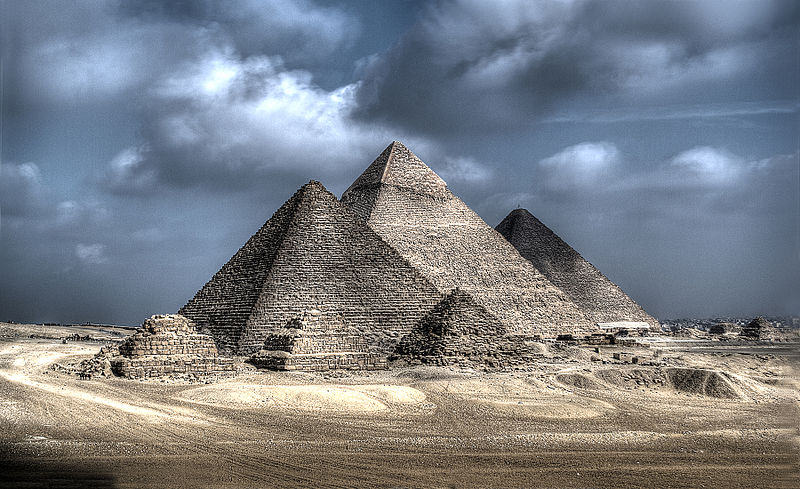11 Mar. The death of the firstborn of Egypt
“Now the LORD had told Moses, ‘I have one more way to punish the king and the people of Egypt. After this, the king will send all of you away from Egypt. When he does, he will force you to leave completely.’”
“'Tell the men and women of Israel to ask their neighbours for things made of silver and gold.’ The LORD had caused the Egyptians to respect the Israelites, and both the king’s officers and the Egyptian people considered Moses to be a great man.”
“So Moses said to the king, ‘This is what the LORD says, “About midnight tonight I will go through all Egypt. Every firstborn son in the land of Egypt will die – from the firstborn son of the king, who sits on the throne, to the firstborn of the slave girl grinding grain. Also the firstborn farm animals will die.”’”
“'"There will be loud crying everywhere in Egypt, worse than at any time before or after this. But not even a dog will bark at the Israelites or their animals. Then you will know that the LORD treats Israel differently from Egypt."’”
“’"All your officers will come to me. They will bow face down to the ground before me and say, 'Leave and take all your people with you.' After that, I will leave."' Then Moses very angrily left the king.”
“The LORD had told Moses. ‘The king will not listen to you and Aaron so that I may do many miracles in the land of Egypt.’ Moses and Aaron did all these great miracles in front of the king. But the LORD made him stubborn, and the king would not let the Israelites leave his country.”
(Exodus 11:1-10)

Crunch time was fast approaching for the king of Egypt. God had already sent nine plagues on Egypt; but the pharaoh had remained stubborn, and refused to let the Israelites leave.
The River Nile had turned red and the fish had died (see Exodus 7:14-25). Frogs had left the polluted river and plagued the land (see Exodus 8:1-15). The rotting carcasses had brought mosquitoes and flies (see Exodus 8:16-19). Swarms of flies had plagued the royal palace (see Exodus 8:20-32). Disease had spread to the cattle (see Exodus 9:1-7). Open sores had spread to the Egyptians (see Exodus 9:8-12). Hail had destroyed the plants, flax and barley (Exodus 9:13-35). And locusts had consumed what remained of the Egyptians’ crops and fruit trees (see Exodus 10:1-20).
Then darkness covered the whole of Egypt for three days (see Exodus 10:21-29). The time had come for God to act even more powerfully to rescue his people from slavery in Egypt.
But first, the Israelites had to prepare themselves to leave Egypt quickly and to take their accumulated wealth with them. Crops and livestock are not easy to take on a long journey, so God instructed the Israelites to convert their wealth into gold and silver – which can be more easily carried.
We’re told that the Egyptians respected the Israelites and, at a time when their crops had been destroyed by locusts, would have agreed to buy the Israelites’ food reserves and their livestock from them in return for gold and silver. The Israelites also bought extra clothing from the Egyptians to take with them – to keep them warm on the cold nights they would spend in the desert during their journey to Canaan (see Exodus 12:35-36).
God told Moses that the time had come to warn the king that disaster was imminent unless he agreed to let the Israelites go: “About midnight tonight I will go through all Egypt. Every firstborn son in the land of Egypt will die… Then you will know that the LORD treats Israel differently from Egypt.” (Exodus 11:4-7)
All that now remained was for the LORD to explain how the angel of death would pass over the people of Israel and they would be protected from the final plague – the death of the firstborn.
The photo (by Yasser Nazmi) shows the Necropolis at Giza.
You can read more about the ten plagues @ https://www.thebiblejourney.org/biblejourney2/25-the-israelites-journey-from-egypt-to-mt-sinai/egypt-suffers-ten-plagues/
